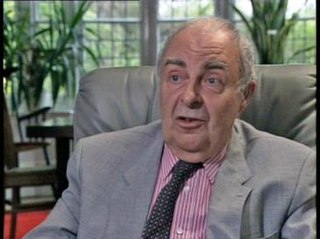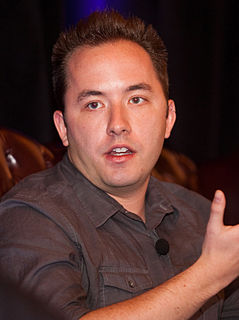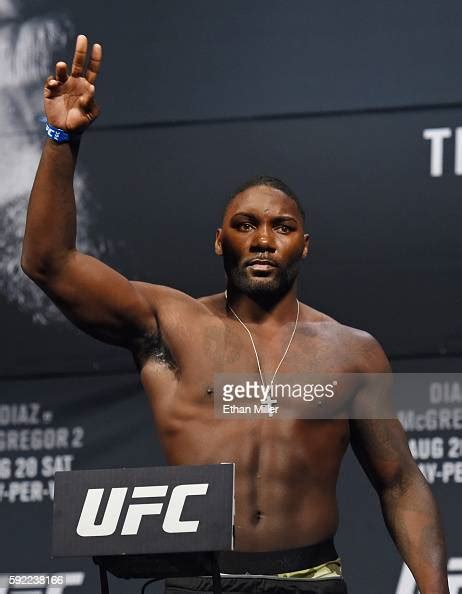A Quote by Michael Morpurgo
I spend months, sometimes years, doing what I call dreamtime, weaving it together inside my head. But when I actually feel that the egg of my story is ready to hatch, then I can write it in three months. Then I know the landscape and the people well and from the inside, but I don't necessarily know where the story is going to take us.
Related Quotes
I had a lot of great lakes of ignorance that I was up against, I would write what I knew in almost like islands that were rising up out of the oceans. Then I would take time off and read, sometimes for months, then I would write more of what I knew, and saw what I could see, as much as the story as I could see. And then at a certain point I had to write out what I thought was the plot because it was so hard to keep it all together in my head. And then I started to write in a more linear way.
The negative about acting is that you have to spend a great deal of time away from your friends and loved ones, but it's not like working a 9-5 job and only having two or three weeks off a year. I may not have seen my girlfriend for two or three months, but then we can spend two or three months together solidly.
You didn't plan to write a story; it just happened. Well, it could be argued that the next thing you should do is find a hole to dig. Right? So you start digging a hole and then somebody brings a body along and puts it in. That's what a story must feel like to me. It's not that you say, "I want to write a story about a gravedigger." But you're walking along and "I don't know what I'm doing here in this story,' and - boop! a shovel. "Oh, interesting. Ok, what does one do with a shovel? Digs a hole. Why? I don't know yet. Dig the hole! Oh, look a body."
Secrecy fuels erotic intensity because it makes you feel like you're doing something that is entirely yours. It gives you the sense of autonomy, the sense of freedom, and the sense of sovereignty. And then you add to that the sexual energy. In many affairs, people will tell you they slept with the person three or four times, but the story went on for months. That's an important thing because many people who have affairs often have very good sexual relationships at home. It's not necessarily a compensation story. But affairs offer a different sexuality with a different context.
That's what I love about documentary filmmaking, we never know where the story is going, we don't know what is going to happen next, and we're inside a culture of people that you have to figure out in many ways. It's a relationship between what you thought might have been the story, and what happens in the 'field.'
To me, when one is writing sometimes about a very specific subject with very specific people, I feel like if that story doesn't cross over, it's not working. That's very beautiful to me, to be sitting in Berlin and there's an actor reading my book in German. I don't even know what's going on, except I know to feel my own rhythms in another language and say, "If this is going well, I think everyone should laugh around now." Then maybe there's laughter, and for me, it reminds me of how story can move around the world.
Sometimes the music just has to tell the story without you trying to tell the story. It depends on the type of music you want to make. If it makes you feel good and party then you go with that. If it makes you feel like speaking on something real and doing a story then it's the beat just has to have the story.
Any time I put together a story collection, I don't know what it's going to look like overall - or even what the title story is going to be. Over time, I end up with a dozen or so stories, and I start to see a shape to them, how they fit together, and then I write stories that complement or extend that shape.


































